Tënk's picks
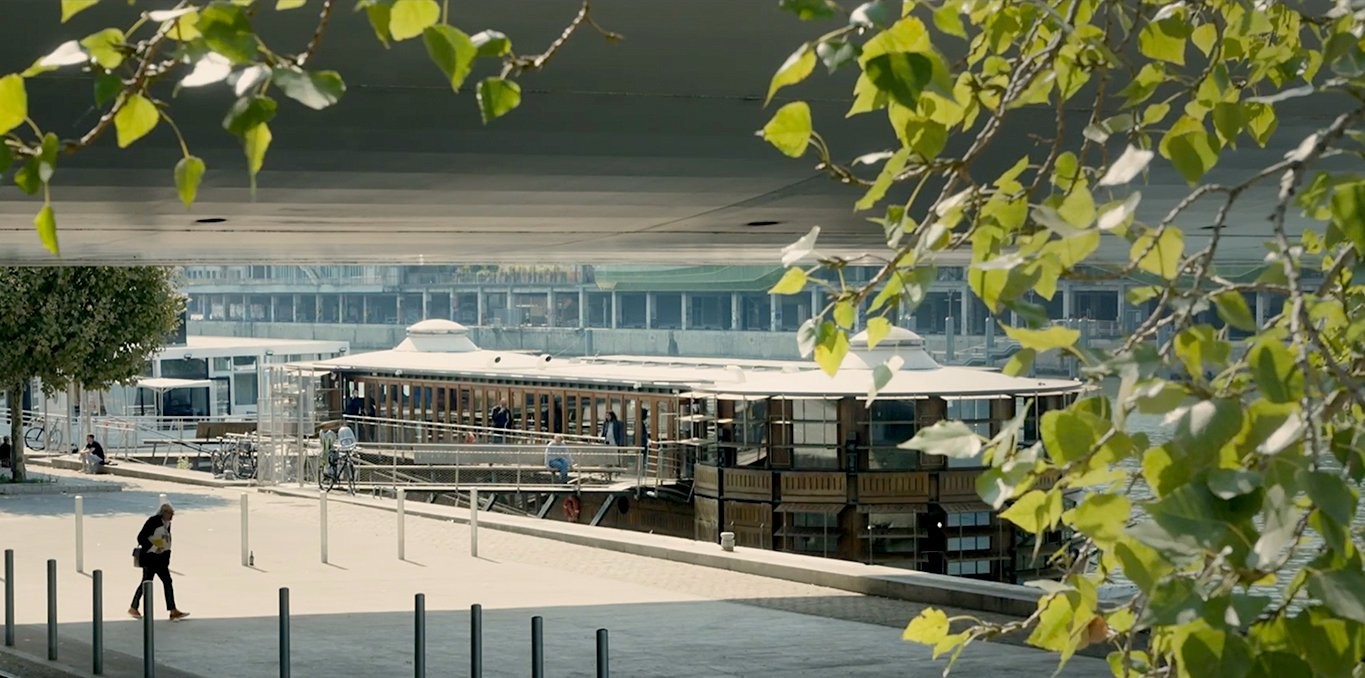
On the Adamant
Duration: 1h49
Subscription access
The Adamant is a unique day care centre : it is a floating structure. Located on the Seine in the heart of Paris, it welcomes adults suffering from mental disorders, offering them care that grounds them in time and space, and helps them to recover or keep up their spirits. The team running it is one of those that try to resist the deterioration and dehumanization of psychiatry as best it can. T...
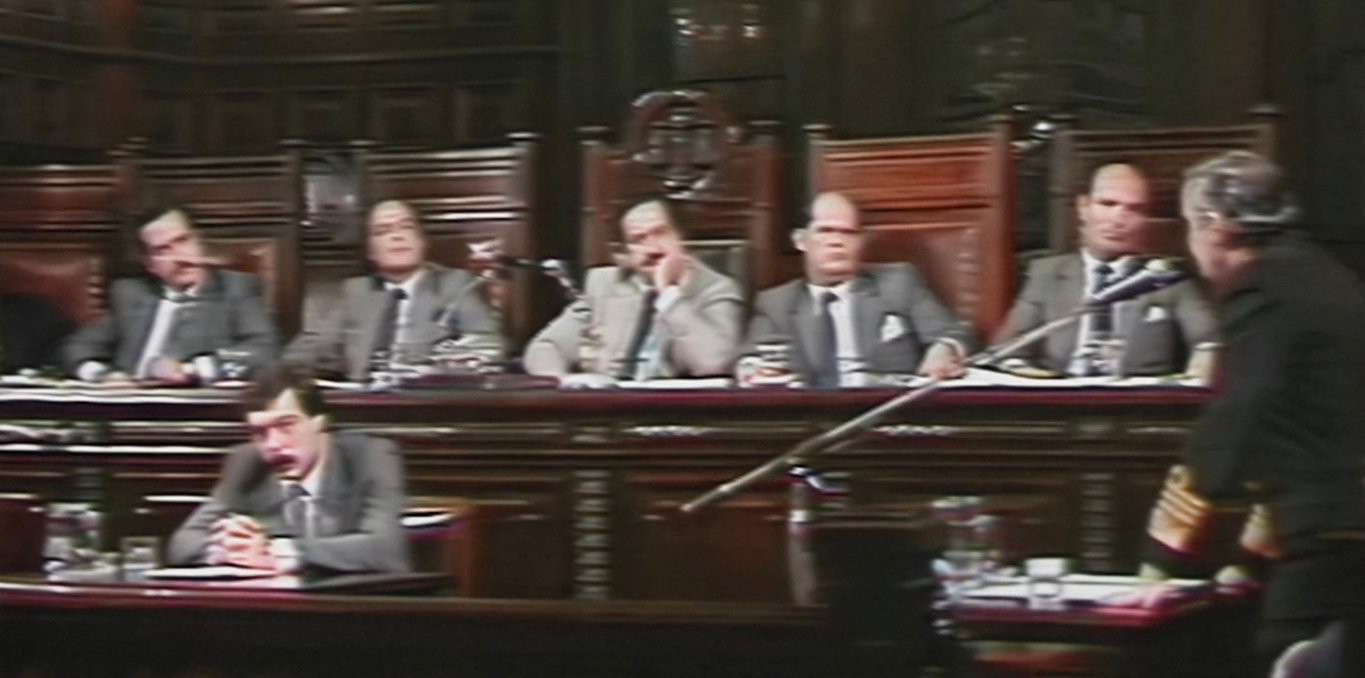
The Trial
Duration: 5h54
Subscription access
Following the collapse of the Argentinian dictatorship, the new democratically elected government held a judicial trial of nine high-ranking representatives of the military Junta. The accused were prosecuted with crimes that included kidnapping, torture, forced disappearance, and the murder of over 8000 thousand people from 1976-1983. The trial was recorded for broadcast television on over 500 ...
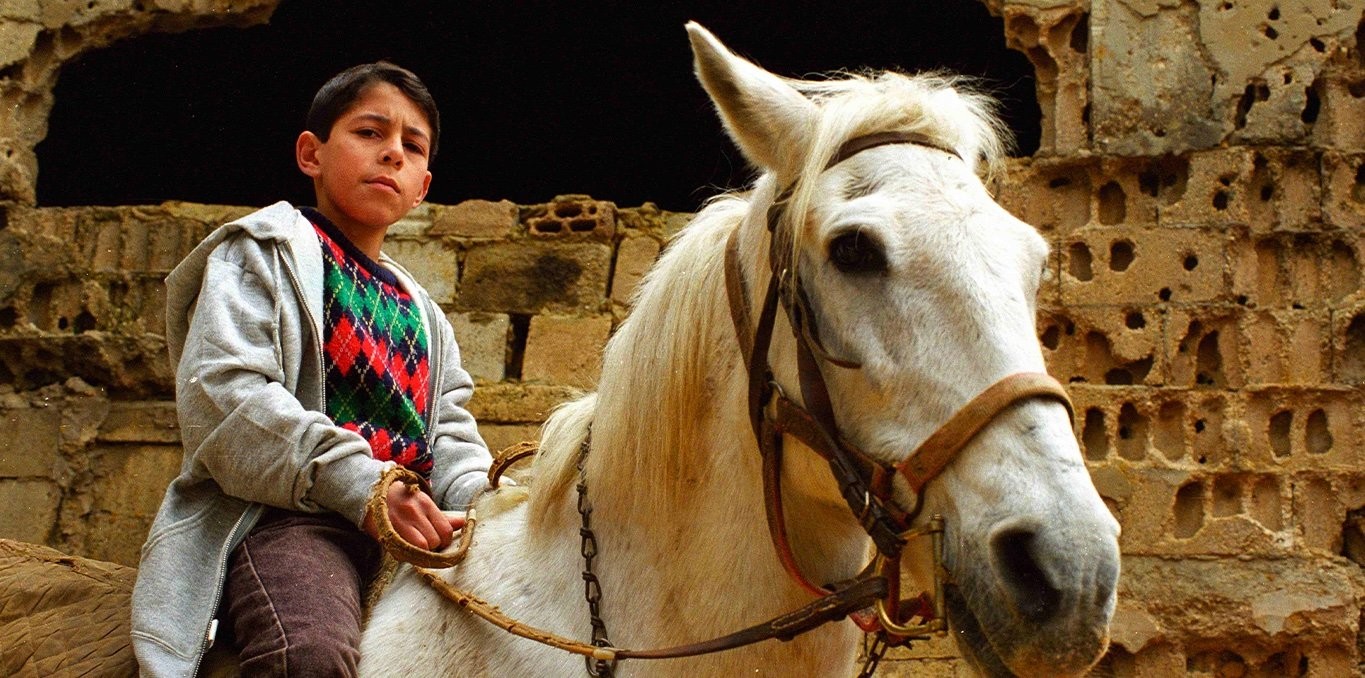
Children of Shatila
Subscription access
_Children of Shatila_ tells the story of Farah and Issa, two children from Beirut’s Shatila camp who use their imagination and creativity to overcome the overwhelming difficulties of living in a Palestinian refugee camp that has survived massacre, siege, and dispossession.
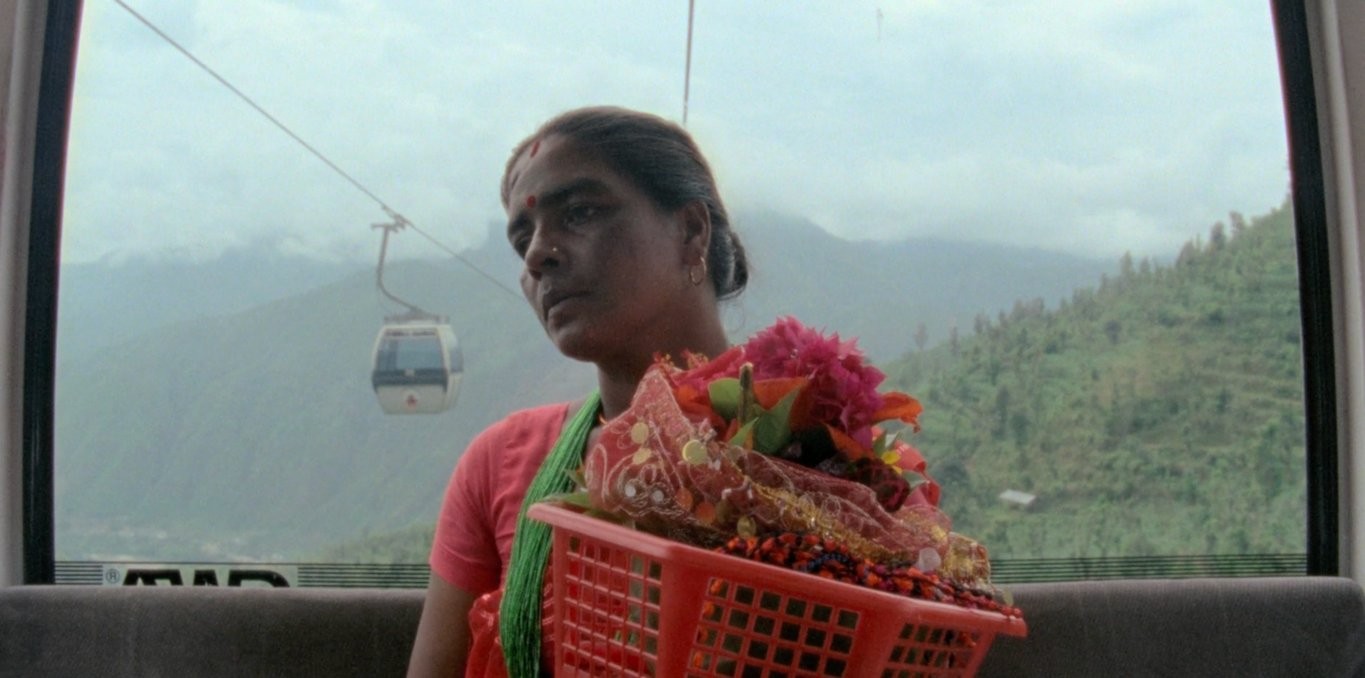
Manakamana
Subscription access
Filmed entirely inside the narrow confines of a cable car, high above a jungle in Nepal, that transports villagers to an ancient mountaintop temple, _Manakamana_ is an acute ethnographic investigation into culture, religion, technology and modernity.
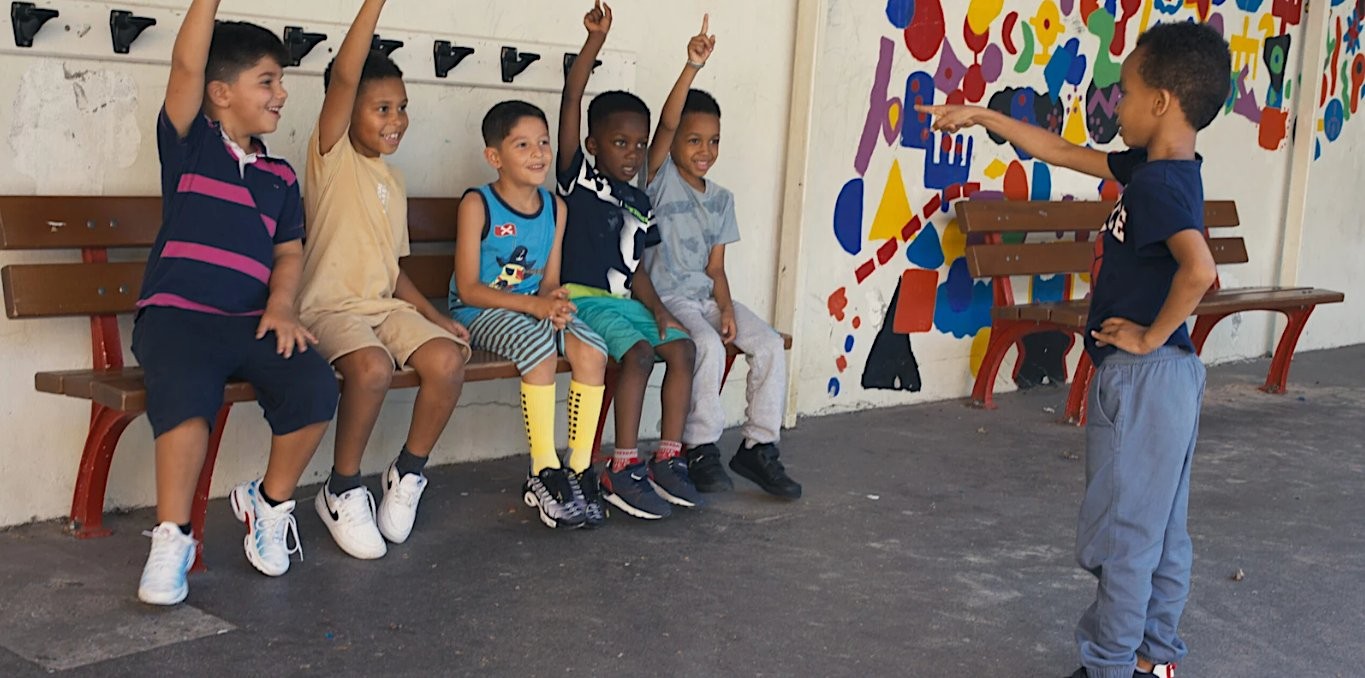
Elementary
Subscription access
In the Makarenko public elementary school in the Paris outskirts, children want to learn and to be cheered while teachers know they do not only teach, they also educate. With care, tenacity and efforts, children are trained to become not only responsible citizens but also human beings.

Dog Stories
Subscription access
_Dog Stories_ reveals as much about the people telling the stories as the dogs they are describing. The dog owners are more honest about their feelings about a dog than almost any other aspect of their lives, and in the process they reveal a lot about themselves.

Born in Flames
Subscription access
A political science fiction film shot as a documentary, _Born in Flames_ takes us to the near future of New York, ten years after the failure of a social revolution. At the call of the Women's Army, several groups of activists finally unite to form a shifting, non-hierarchical network that baffles the FBI. They fought in an explosive atmosphere against a society whose institutions were racist, ...
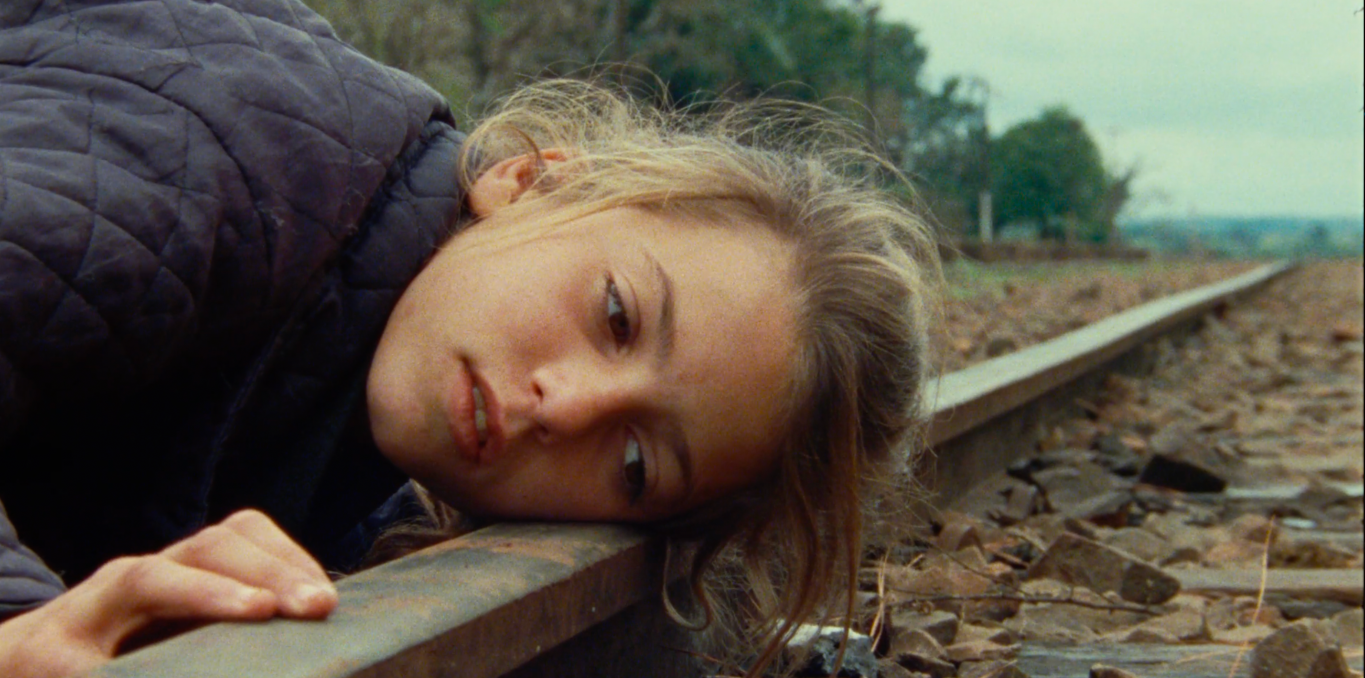
Argentinian Lesson
Subscription access
With lush and intimate photography, Wojciech Staroń documents his family's move from Poland to Argentina. Struggling to adapt in a foreign country, his 8-year-old son Janek finds a friend in Marcia, a grounded 11-year-old Argentinean of Polish descent. With a strength and determination well beyond her years, Marcia must help make ends meet while holding her family together.

On the Adamant
Duration: 1h49
Subscription access
The Adamant is a unique day care centre : it is a floating structure. Located on the Seine in the heart of Paris, it welcomes adults suffering from mental disorders, offering them care that grounds them in time and space, and helps them to recover or keep up their spirits. The team running it is one of those that try to resist the deterioration and dehumanization of psychiatry as best it can. T...

The Trial
Duration: 5h54
Subscription access
Following the collapse of the Argentinian dictatorship, the new democratically elected government held a judicial trial of nine high-ranking representatives of the military Junta. The accused were prosecuted with crimes that included kidnapping, torture, forced disappearance, and the murder of over 8000 thousand people from 1976-1983. The trial was recorded for broadcast television on over 500 ...

Children of Shatila
Subscription access
_Children of Shatila_ tells the story of Farah and Issa, two children from Beirut’s Shatila camp who use their imagination and creativity to overcome the overwhelming difficulties of living in a Palestinian refugee camp that has survived massacre, siege, and dispossession.

Manakamana
Subscription access
Filmed entirely inside the narrow confines of a cable car, high above a jungle in Nepal, that transports villagers to an ancient mountaintop temple, _Manakamana_ is an acute ethnographic investigation into culture, religion, technology and modernity.

Elementary
Subscription access
In the Makarenko public elementary school in the Paris outskirts, children want to learn and to be cheered while teachers know they do not only teach, they also educate. With care, tenacity and efforts, children are trained to become not only responsible citizens but also human beings.

Dog Stories
Subscription access
_Dog Stories_ reveals as much about the people telling the stories as the dogs they are describing. The dog owners are more honest about their feelings about a dog than almost any other aspect of their lives, and in the process they reveal a lot about themselves.

Born in Flames
Subscription access
A political science fiction film shot as a documentary, _Born in Flames_ takes us to the near future of New York, ten years after the failure of a social revolution. At the call of the Women's Army, several groups of activists finally unite to form a shifting, non-hierarchical network that baffles the FBI. They fought in an explosive atmosphere against a society whose institutions were racist, ...

Argentinian Lesson
Subscription access
With lush and intimate photography, Wojciech Staroń documents his family's move from Poland to Argentina. Struggling to adapt in a foreign country, his 8-year-old son Janek finds a friend in Marcia, a grounded 11-year-old Argentinean of Polish descent. With a strength and determination well beyond her years, Marcia must help make ends meet while holding her family together.
All films
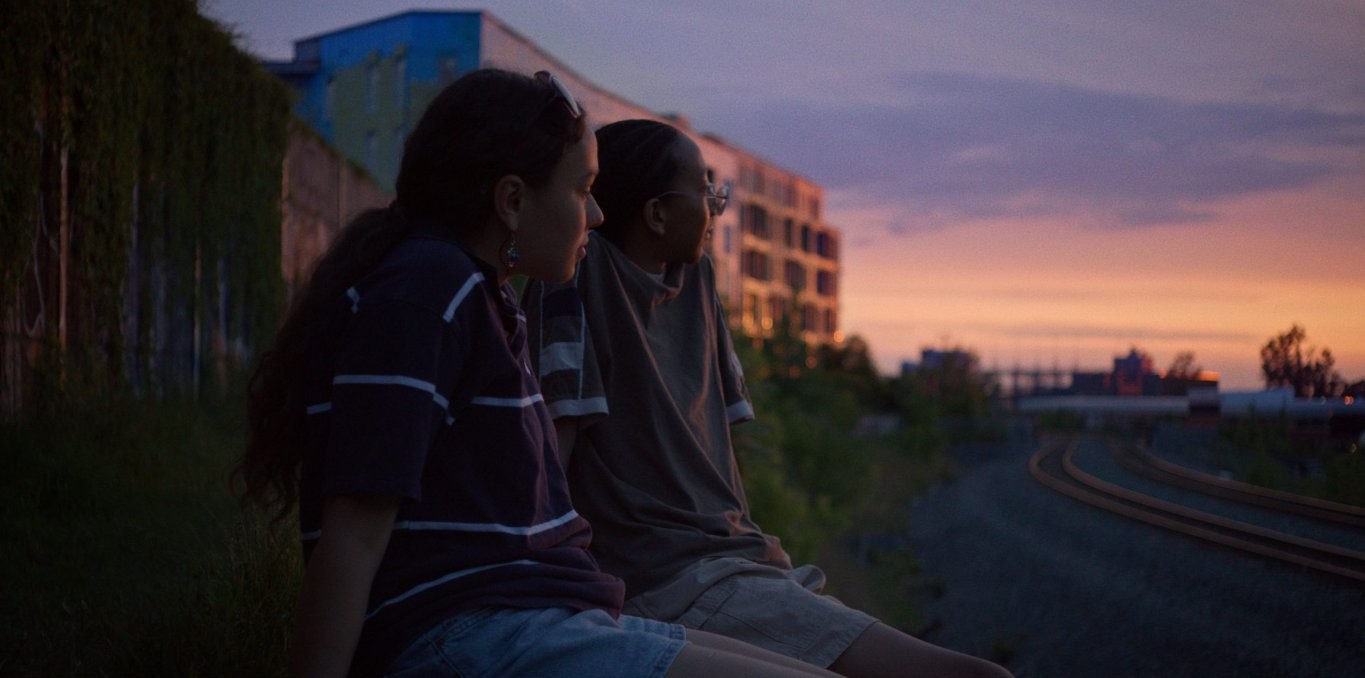
Here and There
Duration: 38 minutes
Subscription access
At the beginning of the summer of their 16th year, Adam, Ana, and Dahlia turn to their families and friends to question their cultural heritage. Through intimate conversations, _Here and There_ juxtaposes the different influences and realities that shape the development of the cultural identities of second and third-generation immigrants.
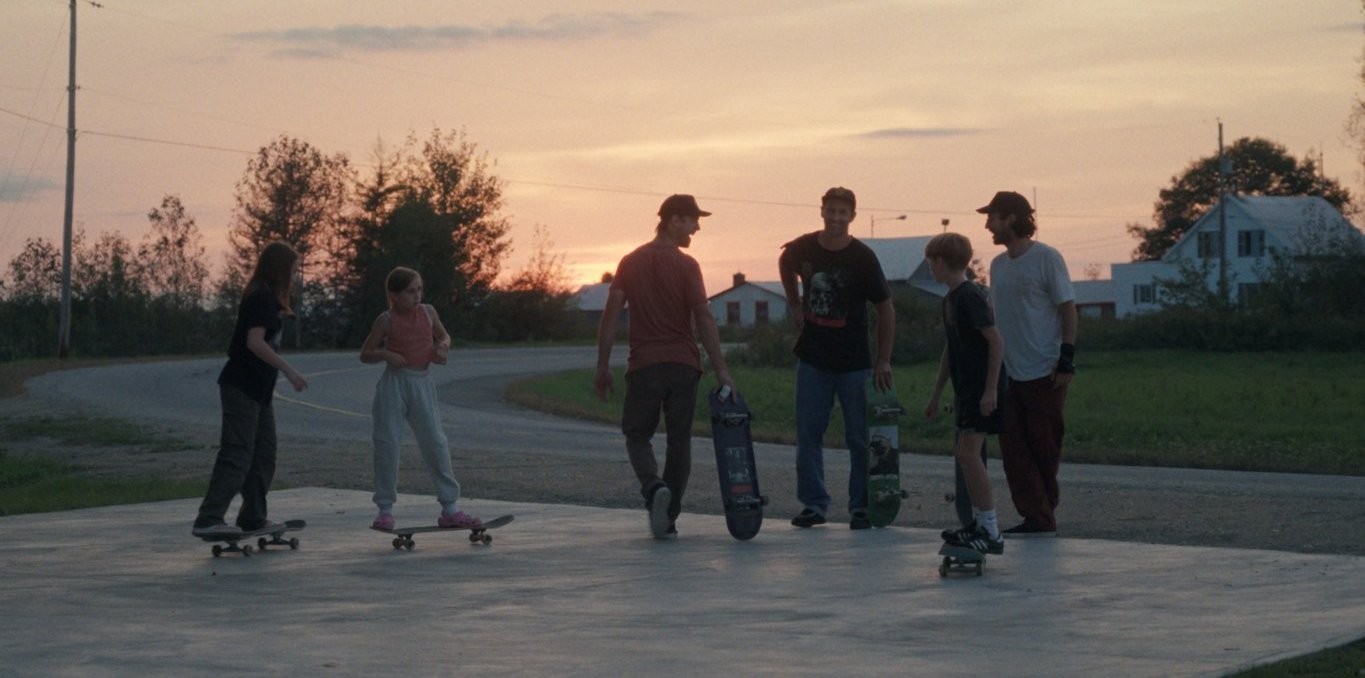
Leveret Road
Duration: 30 minutes
Subscription access
Jeanne, 10, a neuroatypical with a passion for skateboarding and snowboarding, has been diagnosed with dysorthographia, ADHD, dyscalculia and a developmental coordination disorder. She faces a decline in her academic performance and must learn to maintain her confidence and focus on her strengths.
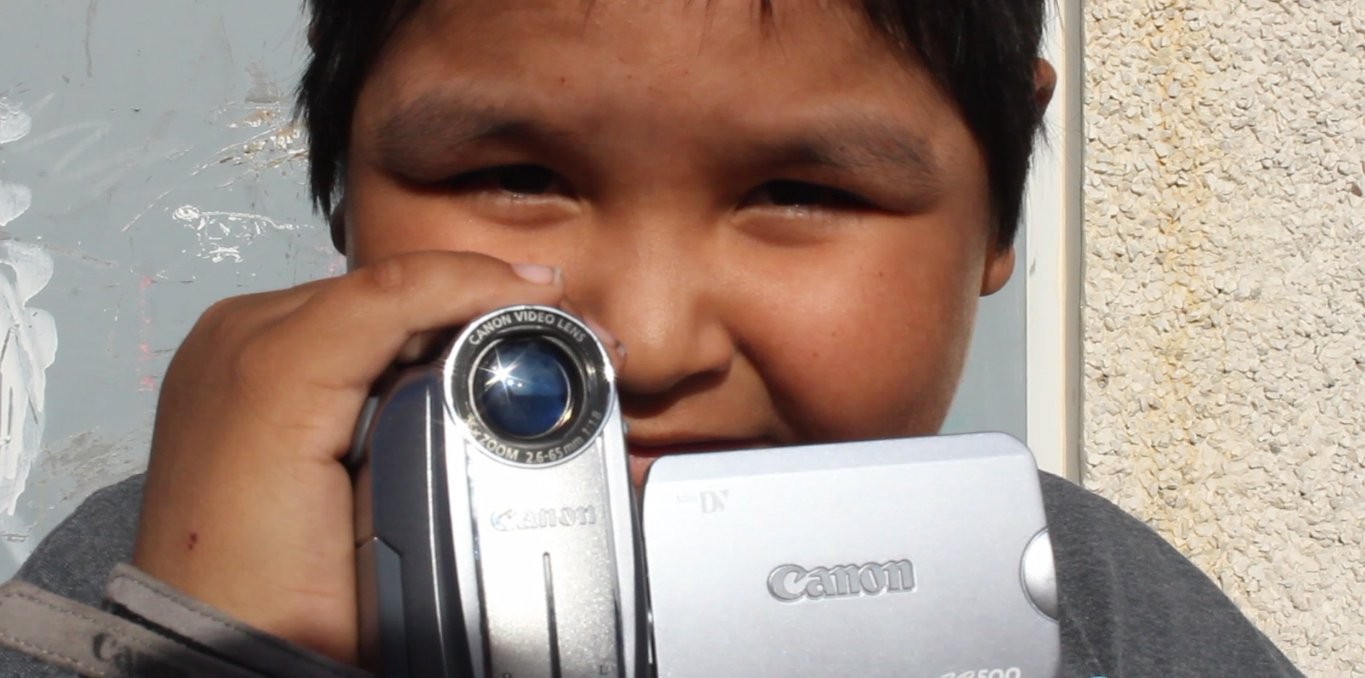
I Love Everything
Duration: 6 minutes
Subscription access
At the age of eight, José invites us to discover his village, Nutashkuan, and everything he loves about it.
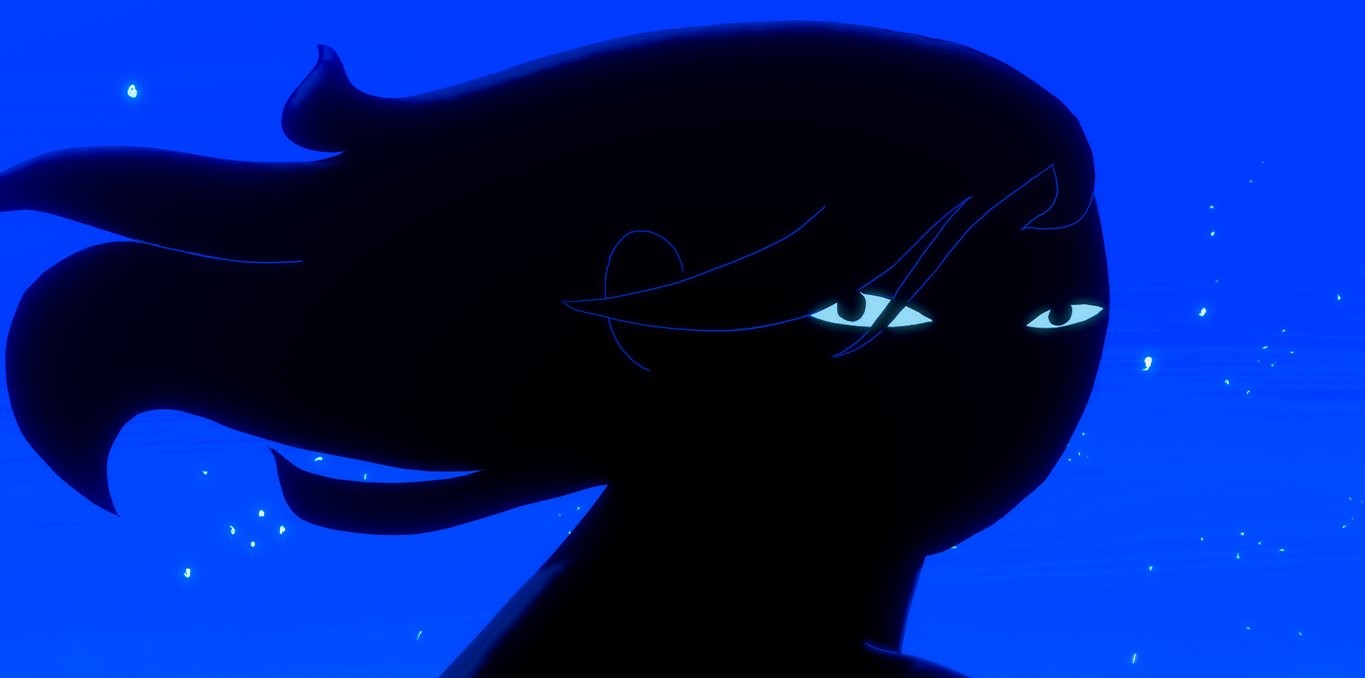
And Yet We're Not Super Heroes
And Yet We're Not Super Heroes
New product!Duration: 24 minutes
Subscription access
When we are a child, there is this fragile moment when the border between the imaginary and the reality is shattered. Here is the testimony of these children between two worlds, to whom the floor has been freely given.

On the Adamant
Duration: 1h49
Subscription access
The Adamant is a unique day care centre : it is a floating structure. Located on the Seine in the heart of Paris, it welcomes adults suffering from mental disorders, offering them care that grounds them in time and space, and helps them to recover or keep up their spirits. The team running it is one of those that try to resist the deterioration and dehumanization of psychiatry as best it can. T...
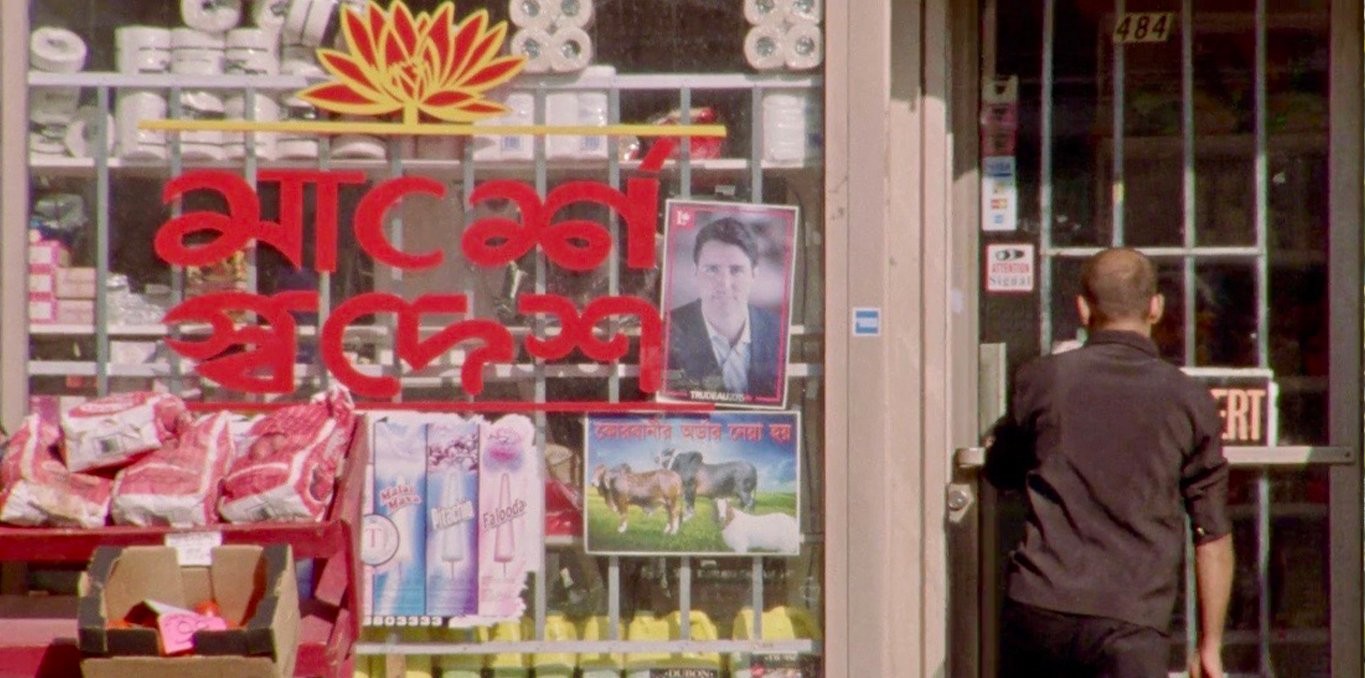
Letters to the Prime Minister
Duration: 42 minutes
Subscription access
Montreal author Marie-Célie Agnant collects stories, dreams and demands from Parc-Extension neighbours, in order to write a letter to their deputy, Justin Trudeau, then the 23rd Prime Minister of Canada.
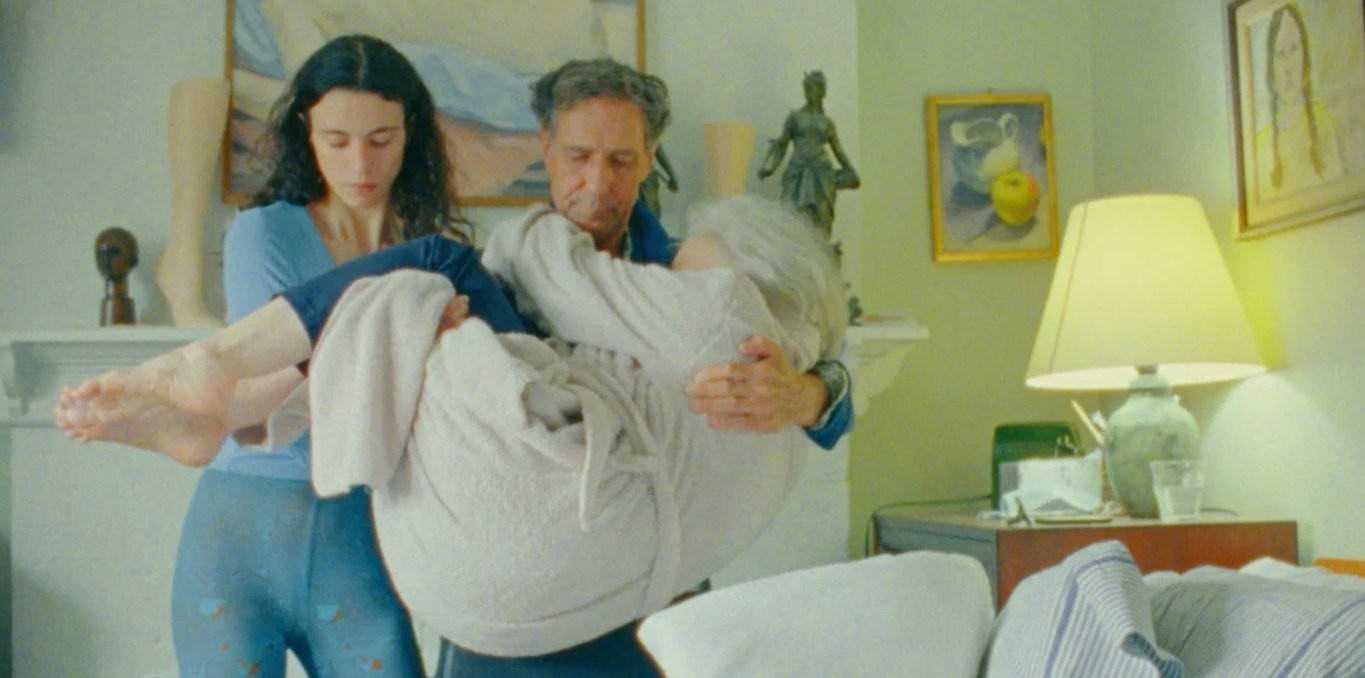
Nine Easy Dances
Duration: 40 minutes
Subscription access
A filmmaker and former dancer returns to her family home to make a film with her parents, but when they fail to live up to unrealistic expectations, and when her mother's cancer metastasizes, she hires professional dancers to play them, in what becomes a darkly humorous docufiction about both loss and transformation.
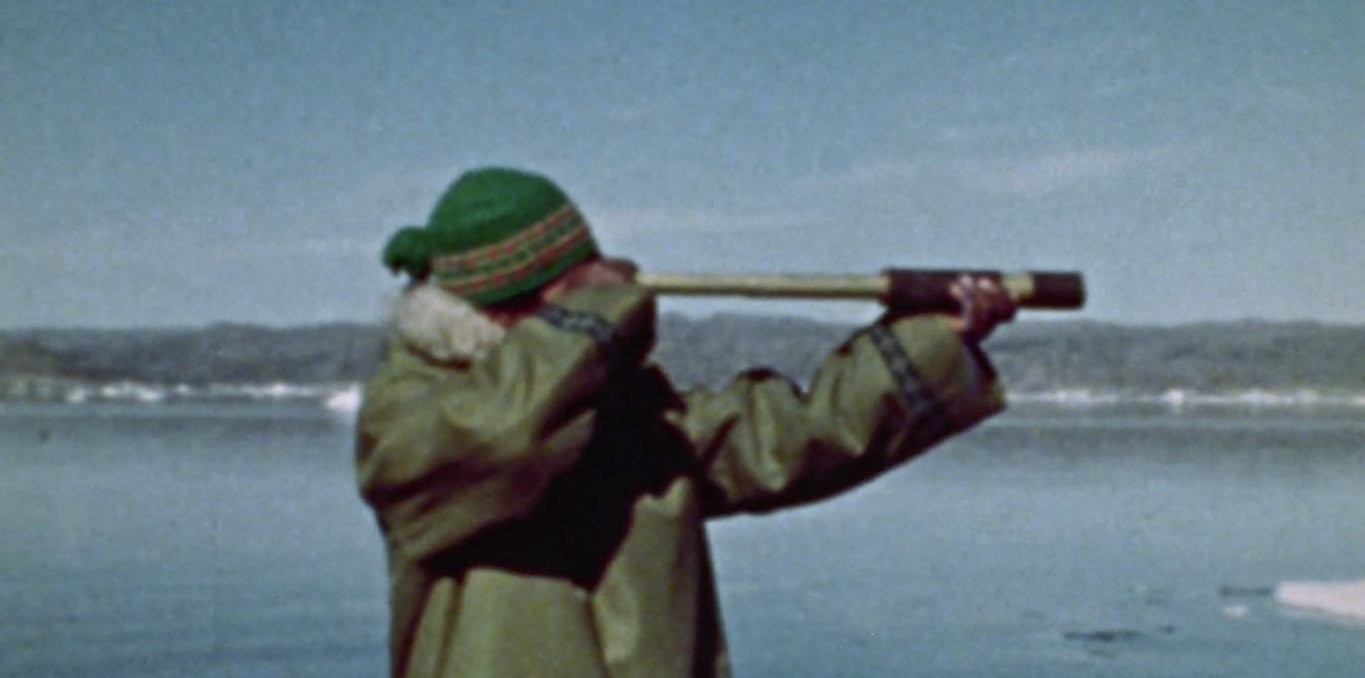
Natsik Hunting
Duration: 16 minutes
Subscription access
25-year-old Mosha Michael made an assured directorial debut with this seven-minute short, a spare, narration-free depiction of an Inuit seal hunt. After participating in a Super 8 workshop in Frobisher Bay in 1974, Michael shot and edited the film himself. His voice can be heard on the lively, guitar-accompanied soundtrack. Released in 1975, _Natsik Hunting_ is believed to be Canada’s first Inu...
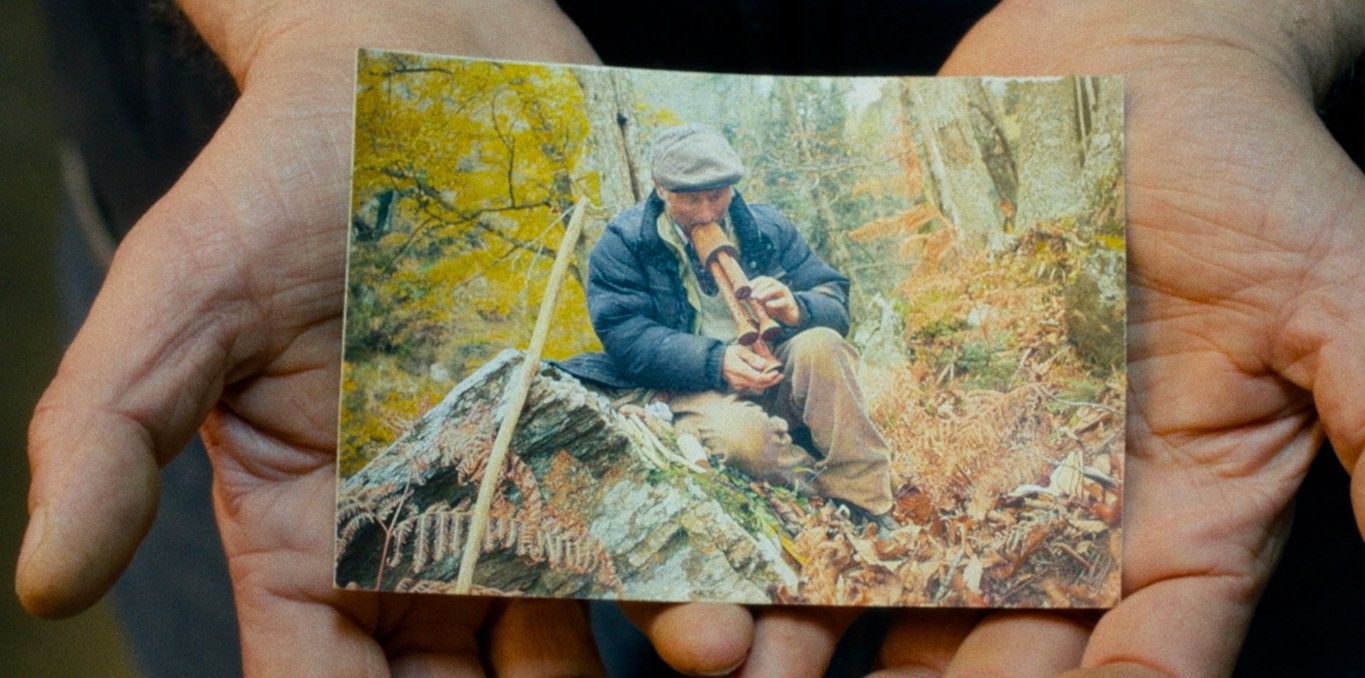
Canone effimero
Duration: 4h02
Subscription access
A poetic journey into a hidden Italy, far from dominant narratives. _Canone effimero_ explores cultural resistance at work among makers of ancient instruments, polyphonic choirs, and traditions passed down from generation to generation. Through eleven musical chapters, the De Serio brothers compose a mosaic of memories, voices, and landscapes, refocusing attention on marginalized rural cultures.

The Trial
Duration: 5h54
Subscription access
Following the collapse of the Argentinian dictatorship, the new democratically elected government held a judicial trial of nine high-ranking representatives of the military Junta. The accused were prosecuted with crimes that included kidnapping, torture, forced disappearance, and the murder of over 8000 thousand people from 1976-1983. The trial was recorded for broadcast television on over 500 ...

Here and There
Duration: 38 minutes
Subscription access
At the beginning of the summer of their 16th year, Adam, Ana, and Dahlia turn to their families and friends to question their cultural heritage. Through intimate conversations, _Here and There_ juxtaposes the different influences and realities that shape the development of the cultural identities of second and third-generation immigrants.

Leveret Road
Duration: 30 minutes
Subscription access
Jeanne, 10, a neuroatypical with a passion for skateboarding and snowboarding, has been diagnosed with dysorthographia, ADHD, dyscalculia and a developmental coordination disorder. She faces a decline in her academic performance and must learn to maintain her confidence and focus on her strengths.

I Love Everything
Duration: 6 minutes
Subscription access
At the age of eight, José invites us to discover his village, Nutashkuan, and everything he loves about it.

And Yet We're Not Super Heroes
And Yet We're Not Super Heroes
New product!Duration: 24 minutes
Subscription access
When we are a child, there is this fragile moment when the border between the imaginary and the reality is shattered. Here is the testimony of these children between two worlds, to whom the floor has been freely given.

On the Adamant
Duration: 1h49
Subscription access
The Adamant is a unique day care centre : it is a floating structure. Located on the Seine in the heart of Paris, it welcomes adults suffering from mental disorders, offering them care that grounds them in time and space, and helps them to recover or keep up their spirits. The team running it is one of those that try to resist the deterioration and dehumanization of psychiatry as best it can. T...

Letters to the Prime Minister
Duration: 42 minutes
Subscription access
Montreal author Marie-Célie Agnant collects stories, dreams and demands from Parc-Extension neighbours, in order to write a letter to their deputy, Justin Trudeau, then the 23rd Prime Minister of Canada.

Nine Easy Dances
Duration: 40 minutes
Subscription access
A filmmaker and former dancer returns to her family home to make a film with her parents, but when they fail to live up to unrealistic expectations, and when her mother's cancer metastasizes, she hires professional dancers to play them, in what becomes a darkly humorous docufiction about both loss and transformation.

Natsik Hunting
Duration: 16 minutes
Subscription access
25-year-old Mosha Michael made an assured directorial debut with this seven-minute short, a spare, narration-free depiction of an Inuit seal hunt. After participating in a Super 8 workshop in Frobisher Bay in 1974, Michael shot and edited the film himself. His voice can be heard on the lively, guitar-accompanied soundtrack. Released in 1975, _Natsik Hunting_ is believed to be Canada’s first Inu...

Canone effimero
Duration: 4h02
Subscription access
A poetic journey into a hidden Italy, far from dominant narratives. _Canone effimero_ explores cultural resistance at work among makers of ancient instruments, polyphonic choirs, and traditions passed down from generation to generation. Through eleven musical chapters, the De Serio brothers compose a mosaic of memories, voices, and landscapes, refocusing attention on marginalized rural cultures.

The Trial
Duration: 5h54
Subscription access
Following the collapse of the Argentinian dictatorship, the new democratically elected government held a judicial trial of nine high-ranking representatives of the military Junta. The accused were prosecuted with crimes that included kidnapping, torture, forced disappearance, and the murder of over 8000 thousand people from 1976-1983. The trial was recorded for broadcast television on over 500 ...
